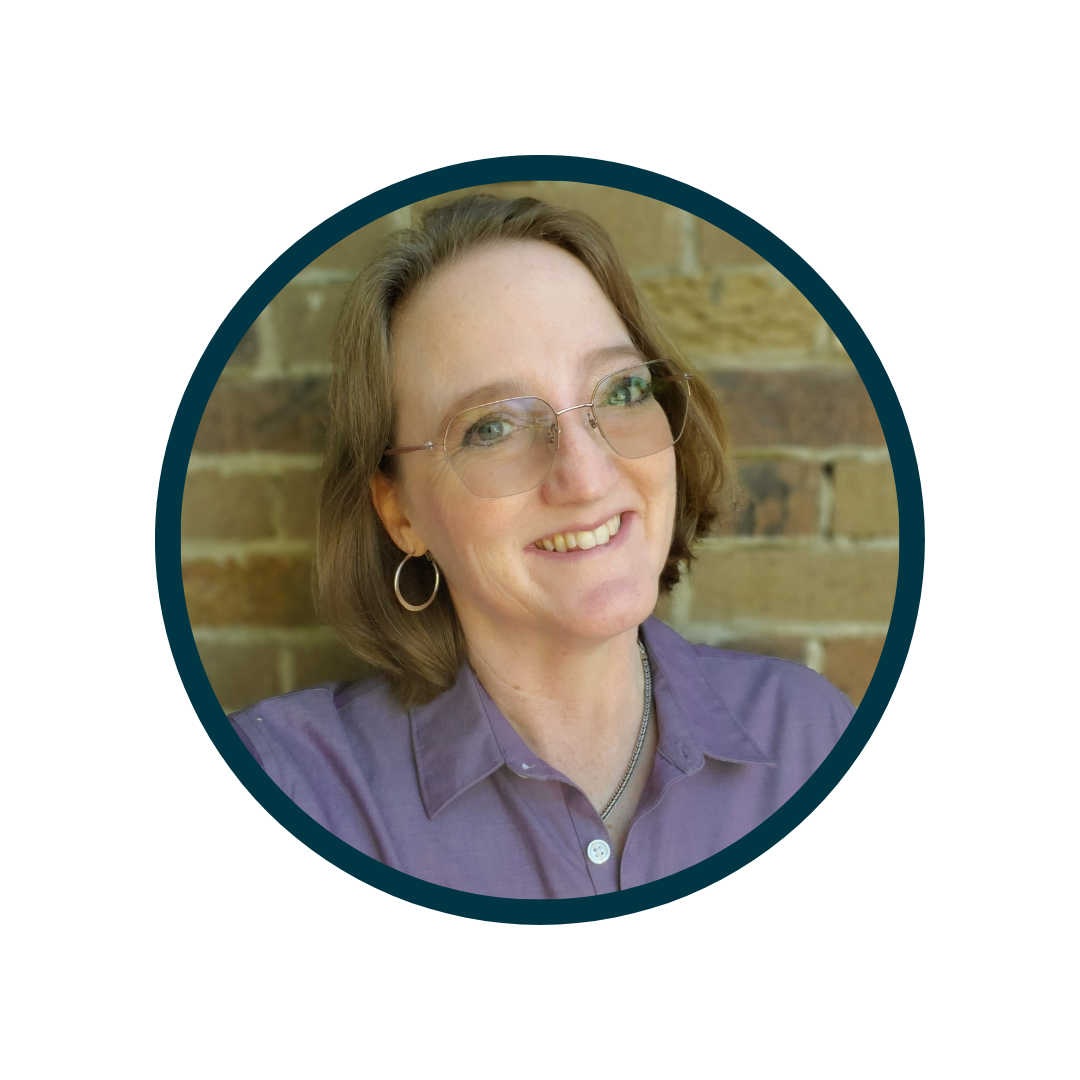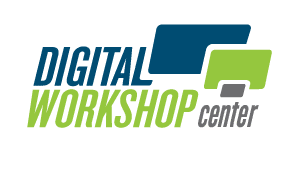Marketing Skills to Last a Lifetime – One Student’s Success
Through feedback and employment reports from alumni students, we have recently been able to connect with a few alumni to talk about their experiences as a DWC student, any current professional endeavors, and how their time at DWC shaped their professional lives.
Carrie Brennan is an entrepreneur who has used skills gained from Digital Workshop Center to propel herself into a career of marketing for numerous businesses. She was a student with us close to 10 years ago, but what she learned in our classrooms are skills she uses on a daily basis in current professional work. While Carrie has numerous degrees and qualifications from the world of higher education, she still needed the real-world skills and knowledge to be able to succeed in her professional interests. Her time as a DWC student gave her the tools to turn theory into practice.
Take a dive into our interview with Carrie!
While it’s been awhile since you were a student with us, we’d love to learn more about what you remember about taking classes at Digital Workshop Center.

That was a fantastic opportunity. I also took, I’m not sure the name of the certificate, but it was basic coding. That was influential in me getting my first job in marketing. I still use those skills because every job that I’ve had since, my basic knowledge of coding has enabled me to be a liaison from the marketing department to the IT department because I was able to talk to them. I don’t write code, but I learned at least how to read it.
Just yesterday, I’m working on a business plan for a startup and we were trying to get a map. I was like.. “all you have to do is go over to the code on the inspect and grab it and insert it in the document.” So the skills that I learned have been a long term investment in my career.
And even though I earned my certificates I think in 2015? 2014? I still use them today. I still use those skills today.
Editor’s note: You can learn basic coding in our Web Development Certificate and our Data Science Certificate. Find more about both here: Certification Programs
Can you tell us a bit more about what you are currently doing professionally?

I have two jobs, sort of. I am a prospect research analyst for a hemp startup where we make hemp paper from fiber hemp. I do a lot of research, but also in that job, I am the sales coordinator for CBD Seeds, so I use the CRM (Customer Relationship Management) a lot and therefore I talk to IT a lot. My familiarity with WordPress was the gateway into understanding CRMs. It really did enable me to make the leap into the current IT world. Also in this job, I manage social media so I use the graphic design skills that I learned from DWC in producing social media assets through tactical marketing.
Do you like the world of gigs, freelancing and working with startups?
It’s exciting. Another area within the gig economy I work in is building websites, so I usually use Squarespace, but the skills that I learned from DWC, I definitely apply all the time there, whether it’s the graphic design of the website or being able to custom code an element for my customers. I normally do renewable energy websites, but I also volunteer for my HRA and I make our website, so they do it. I also started working for a local event and marketing company. So I’ve done some campaigns around Fort Collins; for instance, for the Northern Colorado Health Alliance, I did some social media campaign asset creation for them.
So, I really am a serious gig economy worker. It’s enabled me to be an entrepreneur and run my own business. It may be a side gig, but it definitely is a business. I have been making websites with the skills that I got from Digital Workshop Center for awhile, but it really came to fruition during COVID. I was hit with the COVID layoff and I was like, I know I have skills to get through this.
How do you manage a work life balance working so many gigs?
Then I get up and walk the dogs or do the dishes or do some stretching or something, and then I come back and work for 90 minutes and I usually stop around two or three in the afternoon, 2 hours off until I feel like I didn’t work at all. And then in the evening, if I have a job, yeah, but otherwise I’m just out gardening.
That sounds like a great balance. Has it taken you a while to get into that groove or have you’ve always kind of been able to manage it?
We have one more question for you. Thinking back to when you decided to come learn at Digital Workshop Center, what advice would you offer somebody who’s contemplating learning new skills to find a new job or change careers?
My master’s degree is in the visual arts, but when it came to creating marketing assets it was really great to have the graphic design certificate to say, look, not only do I know it theoretically, but I have the skills to actually create art. I mean, I’ve taken art classes, I make art, do stained glass, but the graphic design for marketing is a little bit different. You need to understand the fonts and the hierarchy and the composition of the audience. The graphic design certificate taught me the nuts and bolts that were missing from my theoretical fine arts degree.
I’ve been in marketing for eight years now, and the first job that I got was with the assistance of the certificates and skills learned from Digital Workshop Center. I definitely would do it again because I would not be where I am if I hadn’t been able to open those initial doors.
Having become an entrepreneur, I know from my experience and just from watching the world that disruptor companies succeed when there is a really great need and they offer a great service. That’s what the DWC does; they’re a disruptor from the traditional education, which is highly theoretical, into practical skills.
I think that that’s why it works so well.
Carrie emphasizes the importance of having real-world applicable skills and her experience serves as a compelling guide for those considering a career shift. From gaining proficiency in graphic design, WordPress, and basic coding to applying these skills across diverse roles, Carrie highlights the practicality and versatility of the training she received. The impact of Digital Workshop Center extends beyond certifications; it is a catalyst for opening doors, fostering entrepreneurship, and propelling individuals into dynamic, evolving industries. It is not just about acquiring skills; it’s about equipping individuals to thrive in ever-changing professional landscapes.
